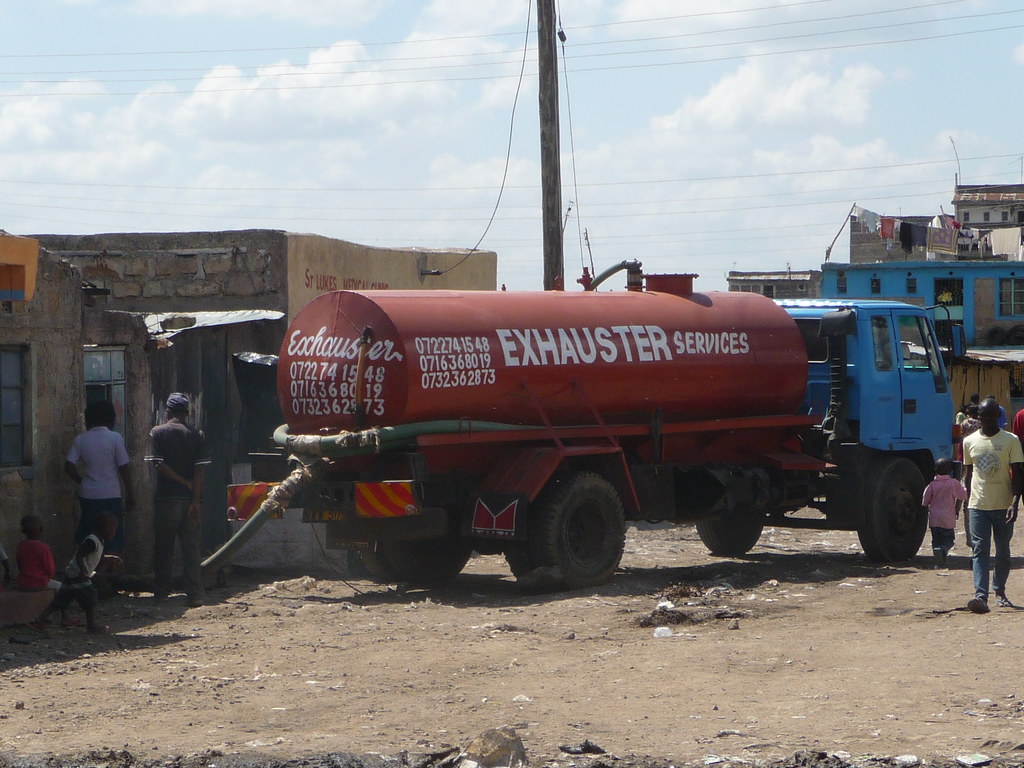Innovation for Global Development: Human Waste Management in Humanitarian Settings
How to safely manage human waste in humanitarian settings? The most recent project selected for the ETH4D Research Challenges tackles exactly this question by optimising and implementing an anaerobic biodigester developed by Sistema.bio that transforms human waste to energy to ultimately bring a completely modular human waste treatment system to market for use in humanitarian settings.

Modular Humanitarian Sanitation Solution
Sistema.bio is a large-scale social enterprise that has installed 20,000+ animal waste biodigesters globally. This biodigester, developed by Sistema.bio transforms human waste to energy. To date, Sistema.bio has installed 120 sanitation units globally at households, schools, and for decentralized faecal waste treatment plants. The modular design makes it uniquely suited to humanitarian environments with a 20-year lifetime and a fast, masonry-independent installation. A limiting factor to the mass rollout of this technology is the need for secondary effluent treatment (pathogen removal), co developed by Opero, Veolia Foundation and Sistema.bio (based on the research made by Forbis Stokes et al (2016)) after the biodigester has produced gas. For this project, a prototype effluent pasteuriser (powered by biogas) has been developed to enable implementation and optimisation. The project proposes to operate a pilot biodigester + pasteurisation unit at a treatment plant in Kisumu, Kenya. The installation will include a 20m3 biodigester and a pasteurisation unit. Thermal calculations show that biogas derived should be sufficient to power a pasteuriser to treat waste.
The ultimate goal of the work is to bring a completely modular human waste treatment system to market for use in humanitarian settings. Provisional interviews with key stakeholders (incl. Red Cross, PeaceWinds Japan) have suggested that there is significant demand in humanitarian settings where safe management of human waste is consistently a problematic issue that leads to ill health and loss of human life.
Project PI: Prof. Elizabeth Tilley, Global Health Engineering Group, D-MAVT
Partners: external page Nicola Greene, external page Opero; Maxence Affre, external page Sistema.bio, Romain Verchere, Veolia Foundation
Learn more about the ETH4D Research Challenges here.